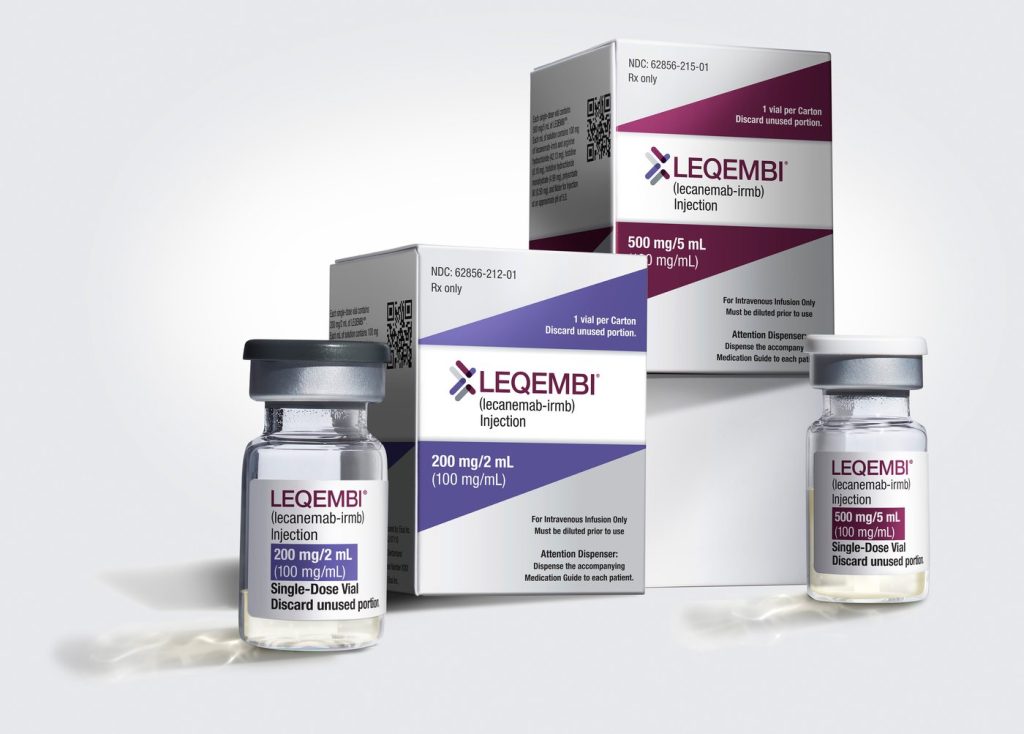TORONTO – Health Canada has officially authorized a groundbreaking drug known as lecanemab, which has been shown to slow the progression of Alzheimer’s disease. This marks a significant milestone as lecanemab becomes the first medication approved in Canada specifically targeting the accumulation of amyloid plaque in the brain, a factor believed to be a fundamental cause of Alzheimer’s disease.
Lecanemab is a laboratory-produced antibody designed to bind to amyloid proteins, playing a critical role in neutralizing and clearing these proteins from the brain. It is vital to note that this drug is intended for administration during the early stages of dementia, specifically when patients experience mild cognitive impairment.
Adam Morrison, a representative from the Alzheimer Society of Ontario, expressed that patients and their families have been eagerly anticipating the approval of lecanemab, which is also recognized by its brand name, Leqembi, in Canada. Morrison emphasized that Alzheimer societies are advocating for Canada’s Drug Agency and provincial governments to expedite the drug’s market availability and public funding. This push is crucial, considering the drug's approximate cost of US$26,000 per year in other countries.
It is essential to understand that lecanemab is a treatment rather than a cure. The drug must be administered intravenously every two weeks to ensure efficacy. Morrison highlighted feedback from clients, noting that many view this medication as a potential means to extend their time with family, thereby underscoring the drug's emotional and psychological significance.
Globally, lecanemab has received approval in about 50 countries, according to a press release from its manufacturer, Eisai Co., Ltd. Moreover, the U.S. Food and Drug Administration granted approval for lecanemab in 2023, reflecting a growing recognition of the drug's potential benefits.
The clinical effectiveness of lecanemab was assessed during a global Phase 3 clinical trial. Following this, Eisai announced intentions to continue submitting clinical assessment data gathered from participants in real-world clinical settings, ensuring ongoing evaluation of the drug's performance.
While lecanemab presents promising benefits, potential side effects must also be acknowledged. Risks include brain swelling or bleeding, though most instances of these complications are detectable via MRI scans and tend not to manifest any symptoms. Dr. Andrew Frank, a cognitive neurologist and medical director of the Bruyère Memory Program in Ottawa, explained that the adverse effects may arise as antibodies react with the amyloid proteins, leading to inflammation that could cause brain swelling and/or bleeding.
Dr. Frank, who has previously consulted for Eisai Canada, noted that side effects may present as headaches, dizziness, or lightheadedness, with rare cases potentially resulting in serious conditions like seizures or stroke-like symptoms. Importantly, he cited that fewer than one percent of clinical trial participants experienced “persistent or possibly permanent side effects or symptoms” after discontinuing the medication.
Dr. Frank advocates for the accessibility of these medications to Canadians, allowing them and their families to evaluate the risk-benefit balance collaboratively with their physicians. He emphasized the importance of informed decision-making regarding whether the advantages of slowing the disease justify the risks associated with serious side effects.
In summary, the approval of lecanemab by Health Canada marks a substantial advancement in the treatment options available for Alzheimer’s disease. As the medical community awaits broader availability and funding for this treatment, the emphasis remains on balancing the benefits that lecanemab may provide against its potential risks.












